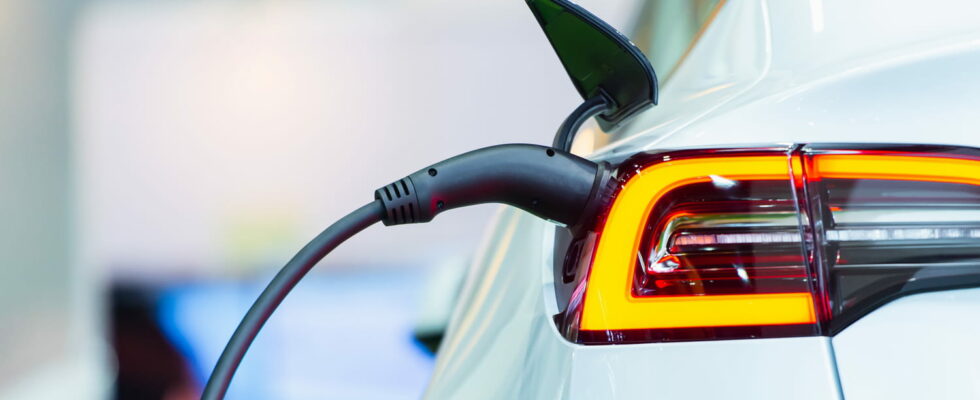Despite its many qualities, the electric car is not as attractive as hoped in Europe. And motorists are increasingly turning to other technology.
In recent years, electric cars have been the symbol of the future of automobiles. However, recently their popularity has declined considerably in Europe. With the exception of Denmark and France where modest increases are still observed, sales of this type of vehicle are showing a significant decline in most European countries.
In Europe, sales of electric cars fell by 12% in the space of a year and by May 2024, their market share had fallen to 12.5%. The situation is particularly critical in Germany. After the German government withdrew its subsidies for electric cars in December 2023, sales literally plunged, falling by 30.6% last May. At the same time, sales of gasoline and diesel cars have seen a recovery while their marketing is supposed to end in 2035.
But the real winner at the moment is the hybrid car. This type of vehicle, which combines an electric motor and a gasoline or diesel thermal engine, seems to represent a more flexible and often more economical solution for motorists, which explains its growing popularity. These models provide an attractive option for those who are not yet ready to go fully electric but want to reduce their fuel consumption and CO2 emissions. Volkswagen, one of Europe’s largest car manufacturers, has made a strategic decision to shift 67 billion euros from the development of electric cars to hybrids. This decision reflects a shift in priority that directly responds to market demand.
Sales of hybrid cars are booming, notably thanks to brands like Toyota, the best-selling in this segment. At the same time, Tesla, until now the main seller of electric cars, saw its sales fall in Europe with a drop of 10% compared to 2023, a record year for the brand. This situation shows that, despite environmental concerns, cost remains a determining factor for many consumers when choosing their vehicle.
This decline in electric car sales in Europe can be explained by several factors. Besides the end of subsidies in Germany, there are also concerns about vehicle range, availability of charging stations and high upfront costs. European consumers therefore seem to favor more flexible and economical options, such as hybrids, rather than turning entirely to electric. This trend could continue, unless financial incentives or significant innovations make electric cars more attractive again. We must hope that the arrival of cheaper models, particularly Chinese, and the increase in autonomy will encourage motorists to return to electric vehicles.
